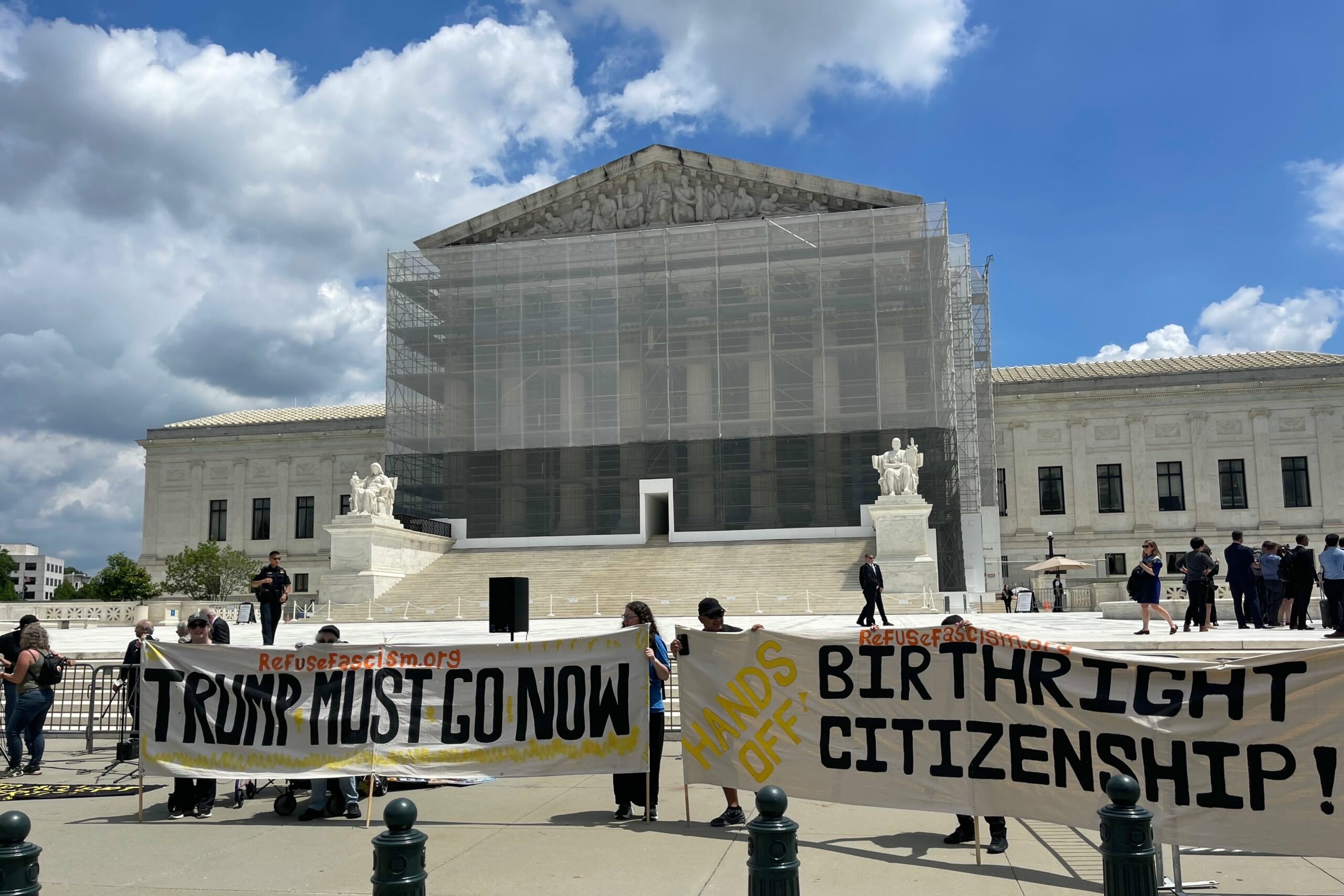Understanding Birthright Citizenship: The Supreme Court’s Influential Role
In recent years, the debate around birthright citizenship has increasingly captured public attention, especially in the context of immigration reforms and political agendas. The Supreme Court has been at the center of these discussions, shaping the legal landscape surrounding who is entitled to citizenship based on their birthplace. This article delves into the complexities of birthright citizenship, the potential implications of Supreme Court rulings, and the broader societal impact.
What is Birthright Citizenship?
Birthright citizenship, or jus soli, is the legal right granting citizenship to individuals born within a country’s territory, regardless of their parents’ nationality. This principle is rooted in the 14th Amendment of the U.S. Constitution, specifically its Citizenship Clause, which states: “All persons born or naturalized in the United States, and subject to the jurisdiction thereof, are citizens of the United States.”
This form of citizenship has been pivotal in shaping America’s identity as a nation of immigrants. However, recent political movements have prompted a closer examination of its implications.
The Supreme Court’s Role in Birthright Citizenship
The Supreme Court of the United States has played a critical role in interpreting the Constitution’s Citizenship Clause. Landmark cases throughout history have clarified and, at times, expanded the definitions and rights associated with birthright citizenship. For instance, in the case of Plyler v. Doe (1982), the Court ruled that undocumented children are entitled to a public education, reinforcing the principle that citizenship status should not impede a child’s right to access basic services.
As we look to recent debates, one of the most discussed cases involves former President Donald Trump’s attempts to alter the birthright citizenship policy. His administration formally proposed an executive order to end birthright citizenship for children of undocumented immigrants. Legal experts and advocacy groups quickly challenged this order, asserting that only Congress holds the authority to change birthright citizenship laws.
Current Developments and Supreme Court Arguments
On May 2025, the Supreme Court heard arguments on whether judges have the power to block Trump’s birthright citizenship order. The discussions highlighted fundamental questions about presidential powers, the scope of judicial authority, and the future of citizenship policies in America. More information about these arguments can be found in a detailed analysis on SCOTUS Blog.
The lively arguments presented reflect the divided opinions on this sensitive issue. Proponents of birthright citizenship argue that it is essential for upholding the principles of equality and human rights that are foundational to American democracy. On the contrary, opposition voices raise concerns about resource allocation and social integration when individuals born to undocumented immigrants may access citizenship rights.
Implications for Businesses and Organizations
For HR professionals and business leaders, the implications of birthright citizenship extend beyond legal boundaries. Navigating the landscape of immigration laws and policies can significantly influence hiring practices, workforce diversity, and overall operational strategies. With a growing global labor market, understanding citizenship status becomes vital for companies aiming to attract and retain talent from a diverse array of backgrounds.
Furthermore, the potential changes in birthright citizenship can lead to shifts in public sentiment and legislation regarding immigration practices. This can impact industries reliant on immigrant labor, particularly in sectors such as agriculture, hospitality, and technology.
Shaping Policies and Future Outlook
The ongoing discussions around birthright citizenship highlight the need for comprehensive immigration reforms that consider both economic needs and humanitarian responsibilities. As businesses and organizations engage in these conversations, they should advocate for policies that foster inclusivity while supporting the very foundations that keep the American economy vibrant.
The Supreme Court’s upcoming decisions will undoubtedly have far-reaching consequences. As we keep an eye on these developments, it is crucial for organizations to remain informed and ready to adapt to a changing legal environment while striving to uphold principles that promote equality and opportunity for all. This landscape is indeed dynamic, and the role of businesses in advocacy and policy influence can shape outcomes in significant ways.
Conclusion
Understanding birthright citizenship and its implications is paramount for HR professionals and business leaders in today’s rapidly changing sociopolitical landscape. As the Supreme Court grapples with foundational issues related to citizen rights and immigration, it is critical to consider how these legal interpretations impact businesses and the workforce. Forward-thinking organizations will prioritize strategies that embrace diversity, advocate for fair policies, and keep abreast of evolving legal challenges in order to thrive in an increasingly complex environment.








